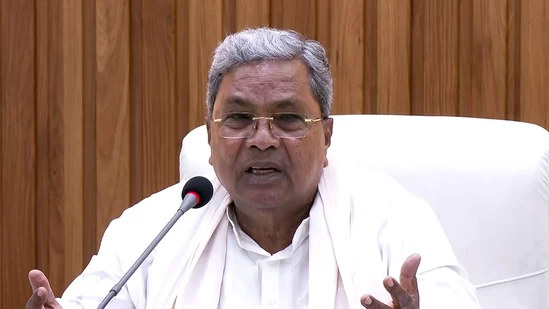Latest Updates
Uttarakhand to Enforce Uniform Civil Code, Introducing Legal Reforms for All Citizens

Uttarakhand is set to implement the Uniform Civil Code (UCC) on Monday. This law will introduce a standardized framework for marriage, divorce, property rights, inheritance, and adoption for all citizens, ensuring uniformity across different communities. Uttarakhand will be the second state, after Goa, to adopt such a uniform legal system for its residents.
Chief Minister Pushkar Singh Dhami confirmed that all necessary preparations for the UCC’s enforcement have been completed. This includes the approval of implementation rules and the training of relevant officials. "UCC is just an offering made by our state in the great 'yagya' being performed by the Prime Minister to make the country a developed, organised, harmonious and self-reliant nation," Dhami stated.
The implementation of the UCC fulfills a promise made by the Bharatiya Janata Party (BJP) ahead of the 2022 state assembly elections, where the party secured a historic second consecutive term. The law was passed in the state assembly nearly a year ago, marking the beginning of its formal adoption.
One of the significant provisions of the new law is the mandatory registration of live-in relationships. It also requires parental consent for individuals under the age of 21 to enter such relationships. Individuals who fail to register a live-in relationship or provide false information will face penalties, including jail time for up to three months and a fine of Rs 25,000. Even a delay of one month in registration could result in a fine of Rs 10,000 or imprisonment for up to three months, or both.
The UCC also mandates the registration of all marriages, with a minimum marriage age of 21 for men and 18 for women. This provision is aimed at ensuring individuals complete their education before marriage. It also includes a ban on polygamy, child marriage, and the practice of triple talaq, alongside a uniform process for divorce. Importantly, the UCC will not apply to Scheduled Tribes.
The law aims to guarantee equality in inheritance rights, ensuring that both sons and daughters are treated equally. It also acknowledges children born out of live-in relationships as legitimate, granting them equal inheritance rights. Additionally, the UCC bans practices such as nikah halala and iddat, which some Muslim communities follow after a woman’s divorce or the death of her husband.









